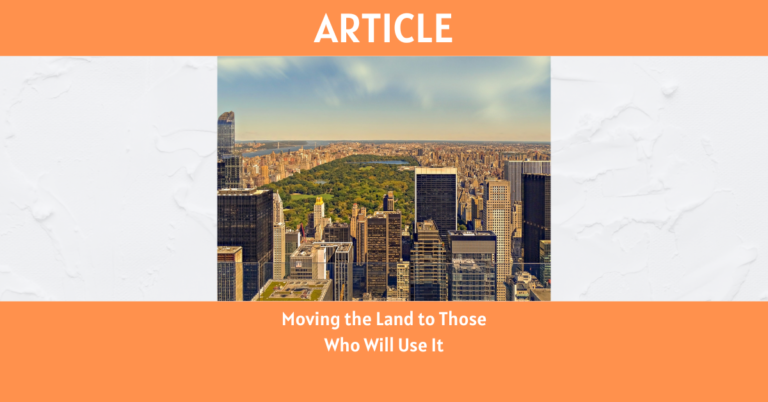
Squandered Opportunity: The Social Cost of Underutilized Land
In our previous article describing speculation on vacant urban land, we pointed out that the attention paid to vacant housing often overlooks another type of pernicious vacancy: housing units that aren’t even built in the first place. Sometimes this looks like plots of land lying vacant for decades, even in the face of exorbitant rents, earning juicy speculative profits for the owner as their land rises in value. But speculative profiteering doesn’t only occur on wholly vacant land. It also occurs on underutilized land. In this article, we examine the social harms that arise from underutilized land, consider ways of measuring it, and propose policies to discourage it.





